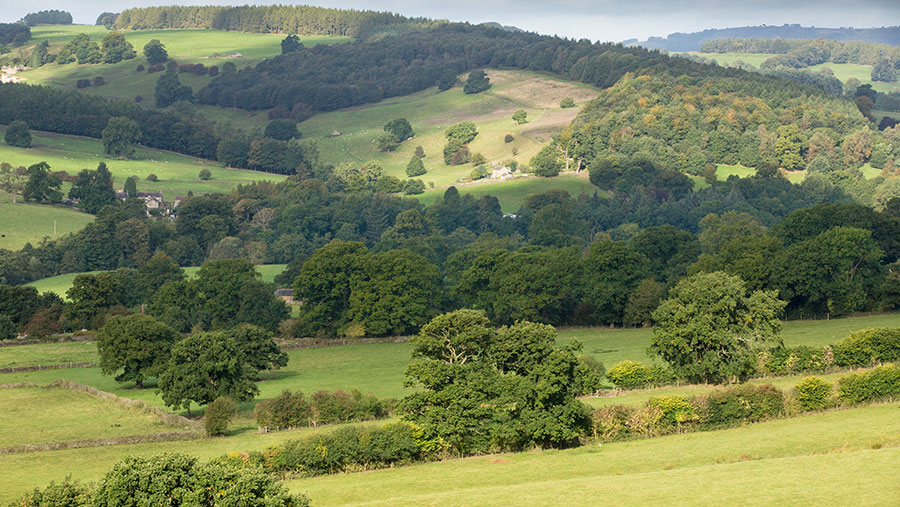Farmers need clarity on Brexit, warn peers
 © Tim Scrivener
© Tim Scrivener Farmers will need “time and clarity” from government to adapt to life after Brexit, a House of Lords committee has warned.
Leaving the EU is an opportunity for the UK to adopt a food and farming policy that regulates and supports the agricultural sector effectively, it says.
But British farmers will also “need time and clarity from government to make the transition to a new regulatory framework and a new funding system”.
See also: Farmers face labour crisis post-Brexit, say MPs
The warning is contained in a Brexit report published by the House of Lords EU energy and environment sub-committee on Wednesday (3 May).
The document examines the Brexit opportunities and challenges facing farmers as the UK prepares to leave the EU and the Common Agricultural Policy.
Government ministers are painting a confusing and sometimes contradictory picture when it comes to Brexit and agriculture, it suggests.
Mixed messages
“The government is currently giving mixed messages to the agricultural sector,” warns the 92-page report.
“Its vision of the UK as a leading free-trade nation with low tariff barriers to the outside world does not sit easily with its declared commitment to high quality and welfare standards in the UK farming sector.
“Combining and delivering these two objectives will be a considerable challenge.”
EU membership currently provides the framework for the UK’s trade in agricultural products – both within the EU and with many third countries, says the document.
Once outside the EU, the UK must develop its own external tariffs and may find itself subject to the high external tariffs applied by the EU to agricultural products.
The report says this could be to the detriment of UK farmers and food manufacturers unless a preferential trade agreement is agreed.
Barriers and delays
“The UK may also face non-tariff barriers when exporting food products to the EU, resulting in delays at ports and additional administrative costs.
“Both tariff and non-tariff barriers could disrupt integrated supply chains between the UK and the EU, and pose a particular challenge for the agri-food sector in Northern Ireland.”
The document says the government will need to balance complex interests as it negotiates new trading relations with the EU and the wider world.
It will need to secure a fair deal for farmers, maintain high quality and animal welfare standards, and deliver affordable food to consumers while complying with WTO rules.
Agricultural policy therefore cannot be seen in isolation from trade, says the document.
Export opportunities
The terms of future free-trade agreements will affect or limit domestic policies on regulation, funding and farming standards, while those policies may in turn determine export opportunities.
The report also highlights the importance to the UK food and farming sector of seasonal workers who come to the UK from overseas.
“Without access to this labour resource, both the agricultural sector and food manufacturers will face severe difficulties,” say the document.
“This is an immediate challenge, which the government must address urgently as the UK approaches withdrawal.”
Doubts over whether the UK can secure a good deal with the EU have been widely rehearsed, says the report – including by farmers.
New UK policy
“Farmers risk high tariffs and non-tariff barriers on exports, which would render their businesses uncompetitive, while simultaneously having to adjust to a new UK policy for funding.
“This could have detrimental effects on an industry – and rural communities – that need long-term clarity and policy stability to adjust to the post-Brexit policy environment.
“Transitional arrangements will be critical to the long-term success of UK farming.”
The duration of the transitional period should be based on consultation with the industry and reflect the magnitude of change being implemented, says the report.
